It never occurred to me, when I was interviewed for Desert Island Discs back in November, that I’d actually be on one when it aired last week. The plan had been to laze in a hammock under a palm tree in Ko Yao Noi in the Andaman Sea, with waves lapping against the white coral beach, read books and recharge for the year. These days, however, it’s hard to be totally cut off. I’ve read about ‘digital detoxes’ but never understood how you deal with the avalanche of messages on your return. So I left my phone on and soon it was pinging with notifications from WhatsApp, Twitter et al. Most were lovely. There were messages from people I hadn’t heard from for years, who’d listened to the programme. I even had one from my old school, which suspended me, and from strangers appreciative of insights into the work of a war correspondent. But I had unwittingly stirred up a hornet’s nest. I wanted to make the point that there are so few women in the higher echelons of newspapers, which is sad as I think men and women see things very differently. I said that in 30 years I personally had never had a female newspaper editor, foreign editor or news editor. I worried this might irritate the men I had worked for. It never occurred to me that the women whose cause I thought I was advocating would see it as a slight. In fact the Sunday Times appointed a very talented female news editor last summer. I was thinking of the executive editor who oversees news. My mistake. Yet the male editors sent nice messages, while the women wrote things like #stillfuming. It left me wondering if we are our own worst enemies — and confirmed I’d been right to leave TV for print where I can consider my words carefully.
I was in Thailand to participate in Bangkok Edge, one of many literary festivals around the world. It had been delayed since October 2016, when the death of the king plunged the country into a year of mourning. The organiser is Princess Narisa Chakrabongse (whose own background would make a fascinating book), half English, quarter Russian and a quarter Thai. It was a wonderful festival full of street food, for which Thailand is famous, live music and discussions on everything from women’s rights in Asia to hip hop. There were no sessions, however, on Thai politics. This is not for lack of talking points. Elections have been endlessly delayed by the generals who seized power in a coup in 2014. Last month the Prime Minister, General Prayuth, left the press with a cardboard cut-out, telling them to ‘ask this guy’, rather than answer questions himself. There are pictures of the new king, Maha Vajiralongkorn, everywhere, even though he mostly lives in Munich. The Thai monarchy is the world’s richest, according to Forbes, out-earning oil-rich Brunei and the Saudis. It is forbidden to criticise the monarchy. I hadn’t been to Bangkok since my student days and loved being back amid the red and gold temples full of saffron-robed monks and tail-less cats. But the problem with my job is you know bad stuff about nice places. I couldn’t help wondering about the location of the secret prison in which Al Qaeda logistics chief Abu Zubaydah was waterboarded by the CIA, and tortured so badly he lost an eye.
While I was away there was yet again terrible news from Kabul. Gunmen besieged the Intercontinental Hotel, then a massive ambulance bomb killed at least 130, adding up to the worst week of the 17-year war. With Isis and the Taliban vying to see which can be the most barbaric, I get desperate messages almost every day from Afghan contacts. One was particularly intriguing. ‘I am the son of the last man hung by the Taliban,’ was the first line. I had gone to his house in Kandahar in early 2002, when he was a small boy; now he is grown up with a family of his own and wants to leave. Yet even if they were to get here, Europe is sending back Afghan refugees on the basis that it is safe.
I said goodbye to my own son in Bangkok. He was off to catch the long train to Cambodia, then on through Vietnam to China. It seems only a few years ago that I was looking at him in an incubator in University College Hospital, just the size of a bag of sugar, and praying he would survive. Now he is 18 and towers over me, but seems terribly young to be heading off alone. I gave him a list of Dos and Don’ts (always carry water, loo paper and a copy of your passport, don’t accept drinks from strangers) as he listened impatiently. The next morning there was news of the arrests of ten tourists, including six Brits, at his first destination, Siem Reap, for ‘pornographic dancing’. I hadn’t put that on my list.
Got something to add? Join the discussion and comment below.
Get 10 issues for just $10
Subscribe to The Spectator Australia today for the next 10 magazine issues, plus full online access, for just $10.
You might disagree with half of it, but you’ll enjoy reading all of it. Try your first month for free, then just $2 a week for the remainder of your first year.

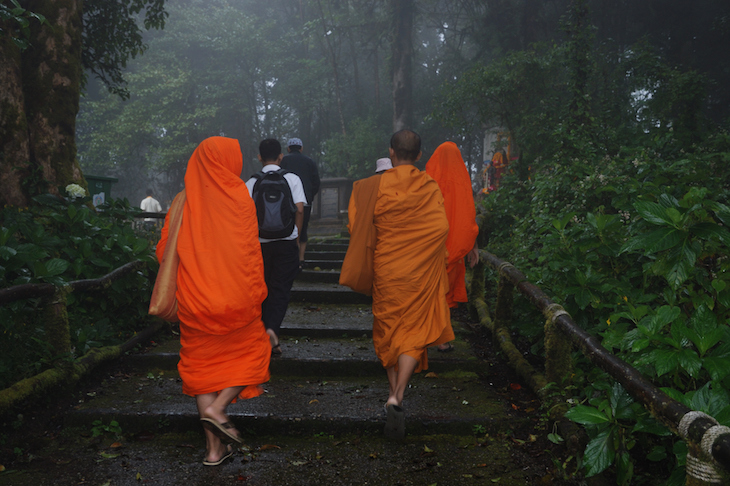
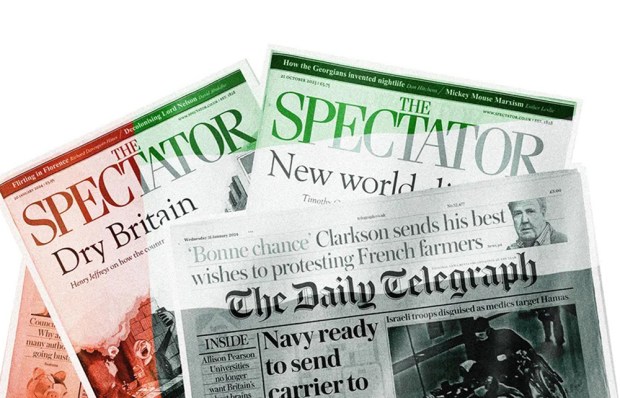
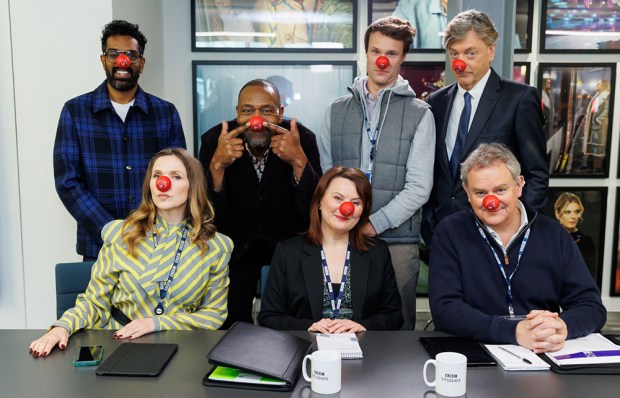

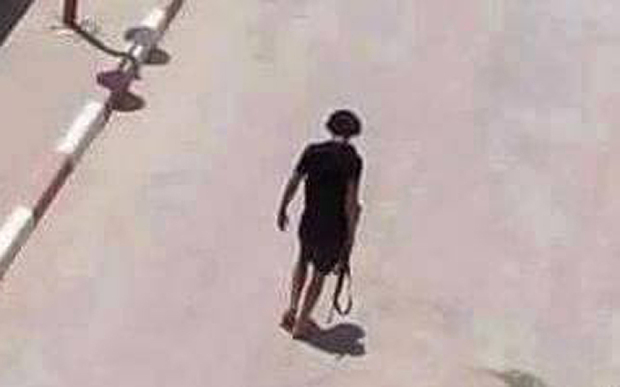
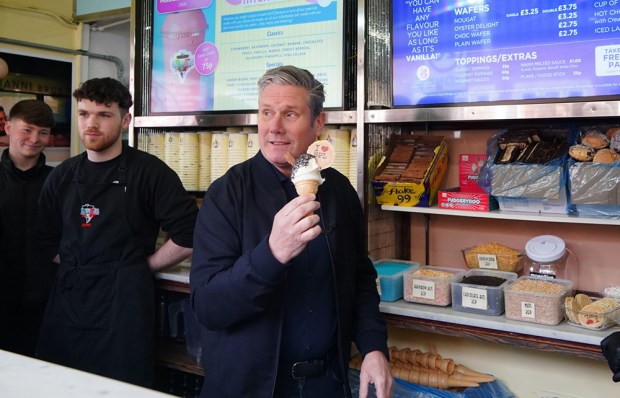
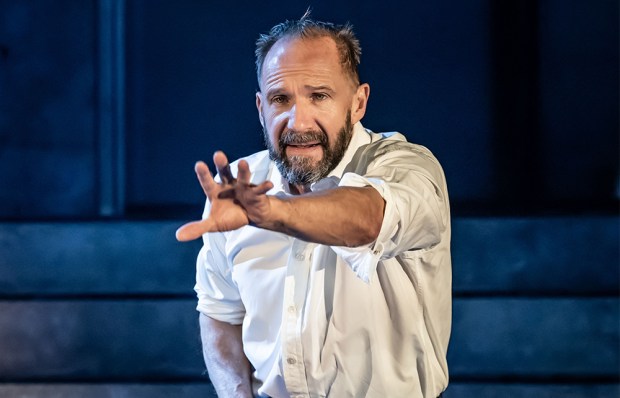






Comments
Don't miss out
Join the conversation with other Spectator Australia readers. Subscribe to leave a comment.
SUBSCRIBEAlready a subscriber? Log in